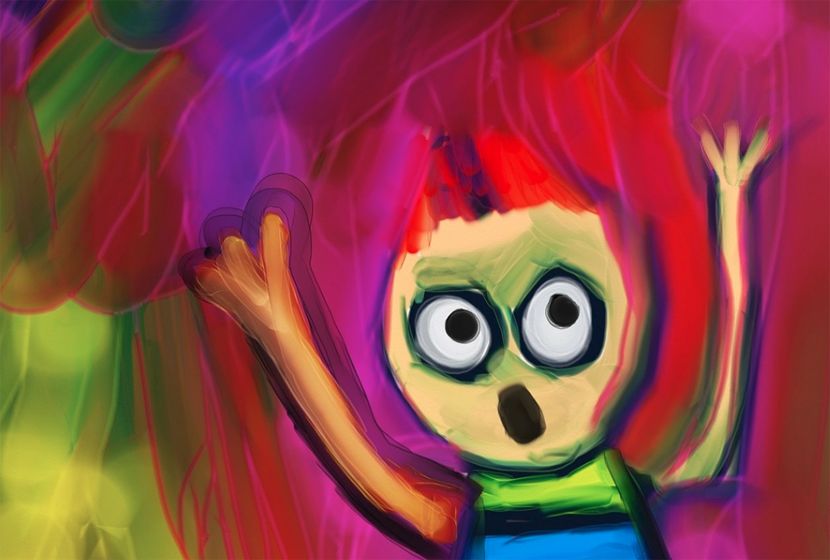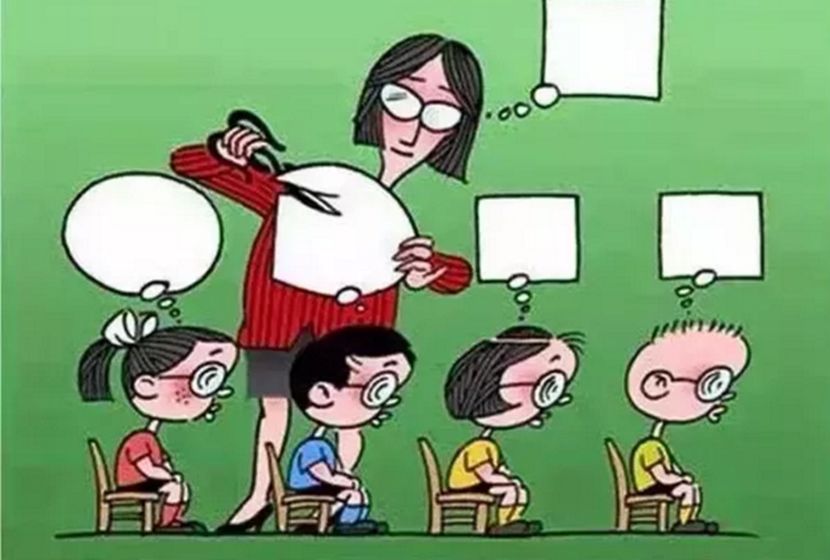Narrative writing is a type of homework assignment given to students from schools. In particular, the main reasons for doing narrative writing are the improvement of a student’s memory and thinking, help with building positive study skills and working individually. Additionally, the amount of homework depends on factors like level of education and number of subjects covered. Hence, the key destructing things to do during homework include checking social media sites, interacting with family, watching television, daydreaming, playing music, video gaming, and spending time with pets, covering useful techniques and questions. Planning one’s time makes it easy not to be distracted when doing assignments. In turn, students should ask questions at school while it counters homework destructors like a daydream. Therefore, narrative writing is vital to identify and understand homework destructors to be able to do take-home assignments efficiently.
General Aspects of Writing and Narrative
In most cases, narrative writing is a homework assignment given to students to do at home. The purpose of take-home assignments is to help with building positive study skills, improve a student’s memory, encourage becoming an independent person, allow a student to review and practice things taught at schools, and shape knowledge on creative writing. Then, the amount of homework depends on factors like level of education and number of subjects covered. Moreover, writing a narrative essay is beneficial to students because it improves creativity. However, many people do not appreciate this fact because of concise writing. Consequently, this narrative writing presents the most destructing things to do during homework that include checking social media sites, interacting with family, watching television, daydreaming, playing music, video gaming, and spending time with pets, including useful techniques and questions.
The Most Destructing Things to Do During Narrative Writing
Destructive things are different and depend on the situation. In most cases, students have the same issues in doing their homework. For instance, technologies changed not only education but also activities on how and where to do homework (Dunn, 2013). Even if technologies serve to make the lives of people more comfortable, it causes a negative influence on learners. Unfortunately, not all of the students may resist destructive factors to complete homework assignments on time while their creativity is lowering.
Social Media
The use of social media during narrative writing reduces the level of concentration. For example, people keep checking their phones or tablets for updates and social interaction and do not focus on homework writing (Dunn, 2013). As a result, students cannot finish their assignments or have a narrative work that has a lot of errors. In order to avoid this distraction, people should ensure that the phone or tablet is in silent mode. In turn, if people are using a computer for homework, they should not open social media sites.
Eating
Another destructive thing to do while doing homework is eating. In this case, if students are eating at such a time, this negative habit not only affects the whole effectiveness in tackling the assignment but also may be a health hazard like choking (Calderwood, Ackerman, & Conklin, 2014). In order to avoid such eventualities, people should define the main aspects that must be done first. Hence, if people are hungry, they should take a break and eat first not to lose concentration during narrative writing while it is hard to multi-task activities. Therefore, people should eat before narrative writing to have the energy to finish the homework assignment.
Family
The family is an integral part of a human being. However, people should avoid interacting with family during homework writing. For instance, talking with family while doing homework may result in making errors in their work or, at times, failing to finish (Calderwood, Ackerman, & Conklin, 2014). Basically, when people share how the day was and activities that they did during the day, they cannot write anything on paper because of different thinking. Moreover, it is essential to plan oneself and have time for each of these activities. Therefore, people should complete the narrative assignments first, and, after that, they will have some good time with family.
Television
In addition to interacting with family while doing homework, another destructing thing to do during this time is to watch television. In fact, most students find many destructive factors every day when they should not do homework in the living room or near a TV (Calderwood, Ackerman, & Conklin, 2014). The noise that comes from it dramatically reduces concentration, and students would be tempted to switch between watching and doing an assignment. Unfortunately, people cannot avoid such cases in reality. For instance, if there is no study room, it is better to switch off the TV first before embarking on the take-home task. In turn, if there is a must-watch program, people should finish the work early to have time for the television show.
Daydream
Many students find themselves being distracted while doing homework by daydreaming, and this aspect happens subconsciously. In this case, people may not realize that it is happening. Reasons that may trigger a reverie include fatigue, hunger, boredom, and difficulties understanding the narrative writing assigned (Calderwood, Ackerman, & Conklin, 2014). In order to avoid this, people should ensure that they are ready to tackle the homework physically and mentally. If students do not understand something, they can always ask for assistance or seek help from the teacher.
Music
The important thing in the lives of any person is music, and it interferes with the narrative homework. Students may listen to music from external sources while they can have headphones, which is the worst thing for them (Calderwood, Ackerman, & Conklin, 2014). It is relatively hard to achieve total concentration while doing an assignment in this state. On the same note, music may interfere with cognitive abilities when studying because students may be confused by the changing words in a song. In order to effectively counter this destructive factor, students should move to a quiet room or turn off the music. Therefore, people should avoid such behavior entirely.
Video Games
Playing video games when doing narrative homework is a significant destructor. People cannot play and study at the same time physically, and this aspect automatically interferes with concentration (Calderwood, Ackerman, & Conklin, 2014). In this case, students should organize themselves and spend their time on education. In turn, if narrative writing is done, students can enjoy the rest of the time with friends or playing video games. Hence, people should allocate time accordingly to avoid presenting homework that has not been well done or researched.
Pets
One of the key homework destructor factors is playing with pets when people are doing homework. Pets would range from dogs, cats, rabbits, and others. Playing with pets during homework time may cause books, and other study materials may be messed. For instance, pets may nibble papers and destroy learning materials (Calderwood, Ackerman, & Conklin, 2014). In this case, it is essential to train one’s pets to make them aware that there are times when playing is not allowed. In order to avoid such eventualities, people should do their homework writing where there are no pets in the study room or a different room altogether. Thus, people should define play time and homework time, separating them
Techniques in Narrative Writing

In order to avoid such behavior during narrative writing, people can employ some techniques. Students can plan their time to complete all the tasks that they want to finish. Planning an individual’s time makes it easy not to be distracted when doing writing assignments. In this case, people can write down what to do and what time to do them, and this strategy will enable them not to feel overwhelmed with activities, have time for all activities, and develop creativity (Calderwood, Ackerman, & Conklin, 2014). Moreover, students can pin up this timetable against the wall to get a constant reminder. Fundamentally, planning improves time management in the case of homes and schools.
Questions for Writing Narratives
Students should not hesitate to ask questions at school if they do not know how to start narrative writing. In particular, when students ask questions, it counters homework destructors like a daydream (Calderwood, Ackerman, & Conklin, 2014). Hence, people should not fear to ask questions to have a better understanding of the structure of an essay or how to solve a hard trigonometry problem, and there are no silly questions. By seeking clarity and knowledge at school, people would be able to do the homework without stress and anxiety that may lead to daydreams, shaping their creativity.
Conclusion on Narrative Writing
In conclusion, this narrative writing provides brief explanations of homework destructors to help the student to be able to do assignments efficiently. People may need some information on destructor factors to overcome them in their lives. There are a significant amount of the most destructing things to do while doing homework. In this way, students should avoid or minimize them to be able to concentrate on their work and perform well.
References
Calderwood, C., Ackerman, P. L., & Conklin, E. M. (2014). What else do college students “do” while studying? An investigation of multitasking. Computers & Education, 75, 19-29.
Dunn, P. (2013). Students say social media interfere with homework. USA Today. Retrieved from http://www.usatoday.com/story/news/nation/2013/01/15/students-social-media-homework-distraction/1835461/


